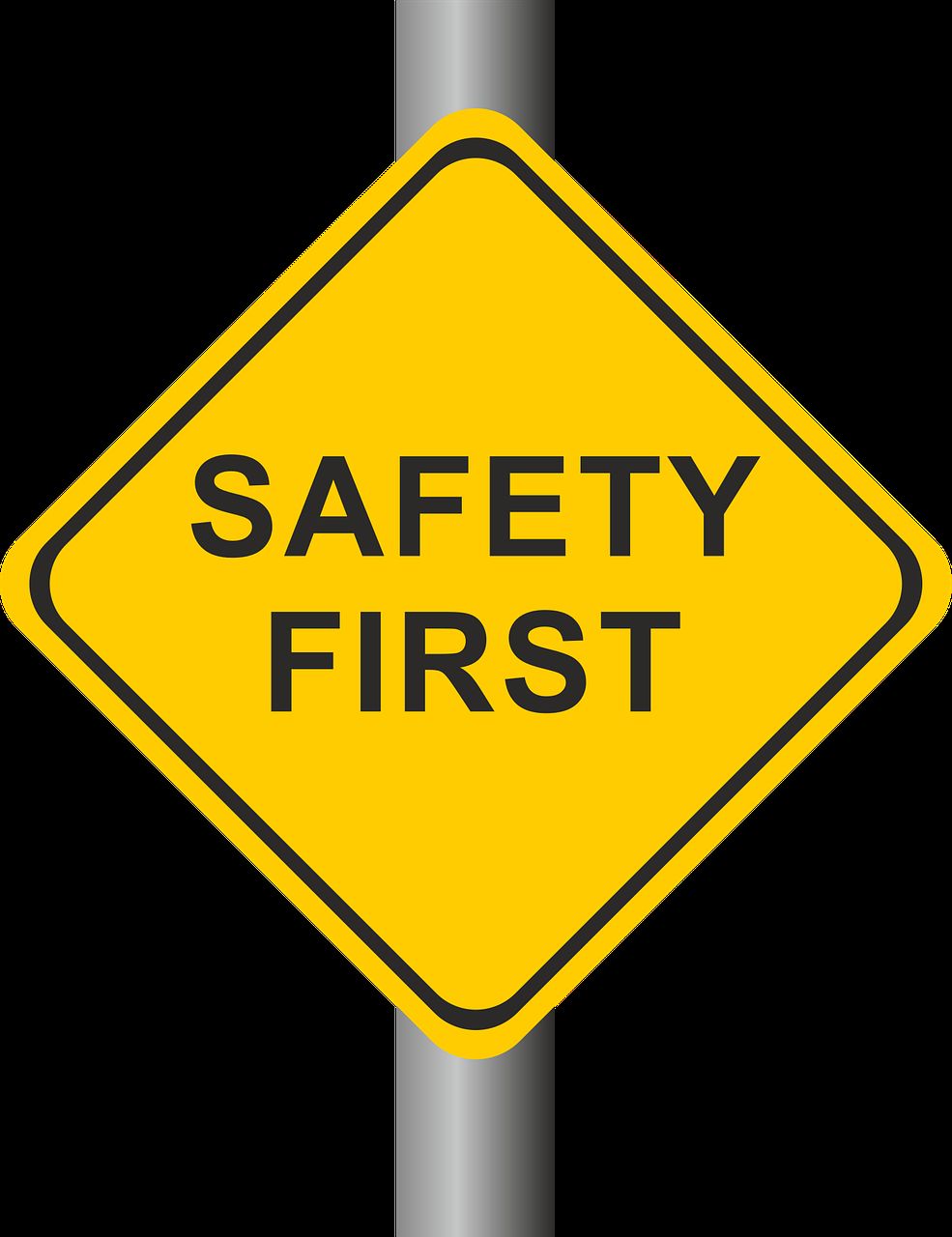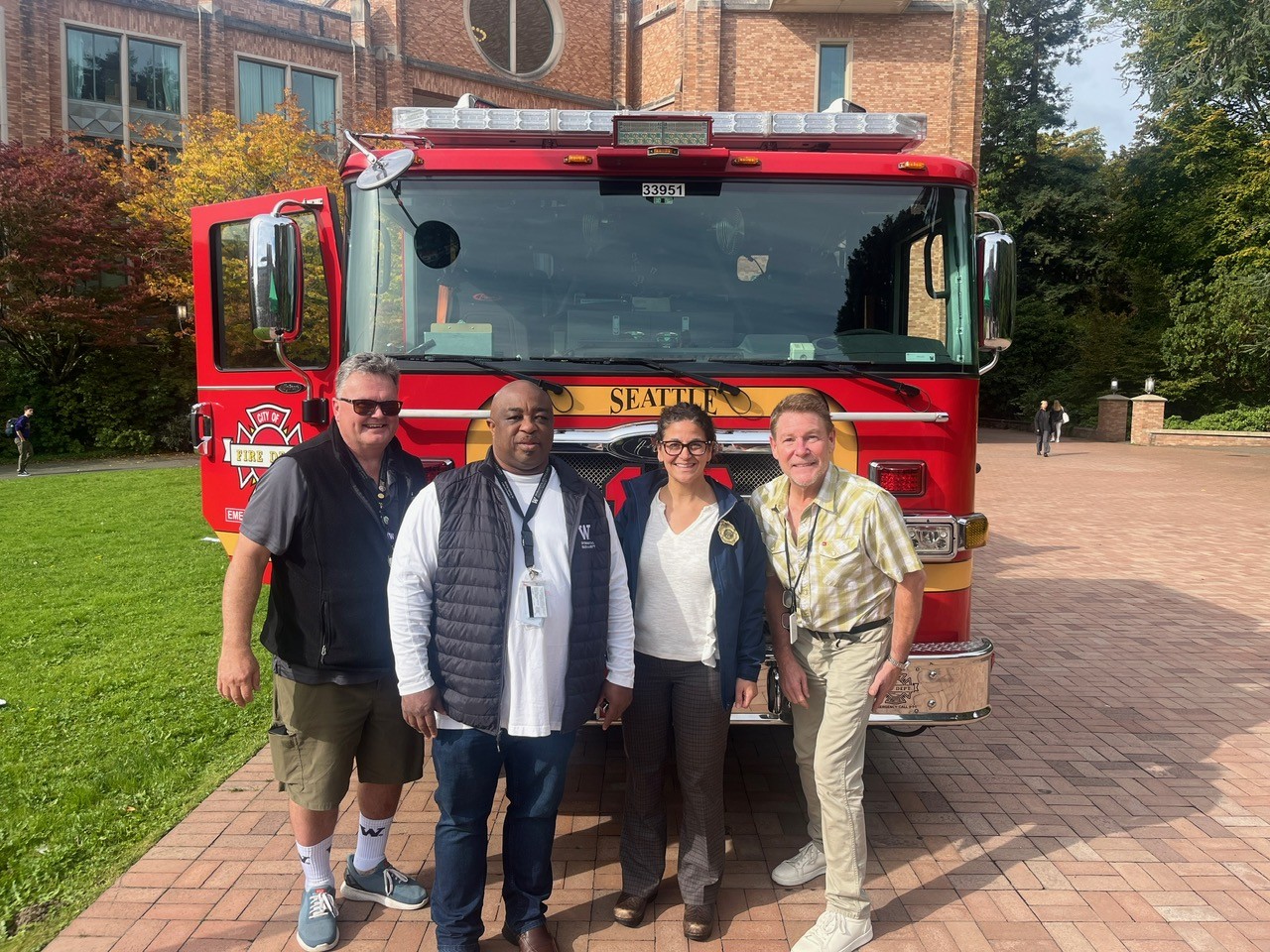Prevent slips, trips and falls in wet weather
As the Seattle area heads into its familiar mix of rain, early dusk, and occasionally icy mornings, it’s a great time to refresh our awareness around staying safe on campus.
Slips, trips, and falls are among the leading causes of injury at the University of Washington, and wet or chilly weather can make everyday paths a little more challenging. With a few simple habits, we can all help keep ourselves—and each other—safe this season.
Avoid slips, trips and falls in wet weather

 Stop by our table on the HUB Lawn to learn about fire prevention and smoke detectors.
Stop by our table on the HUB Lawn to learn about fire prevention and smoke detectors.